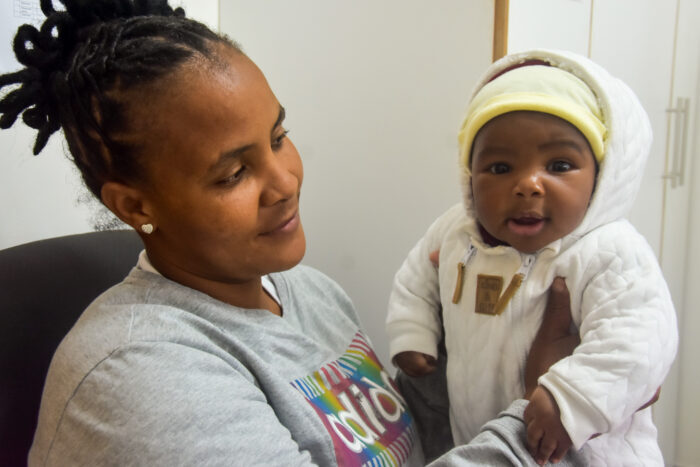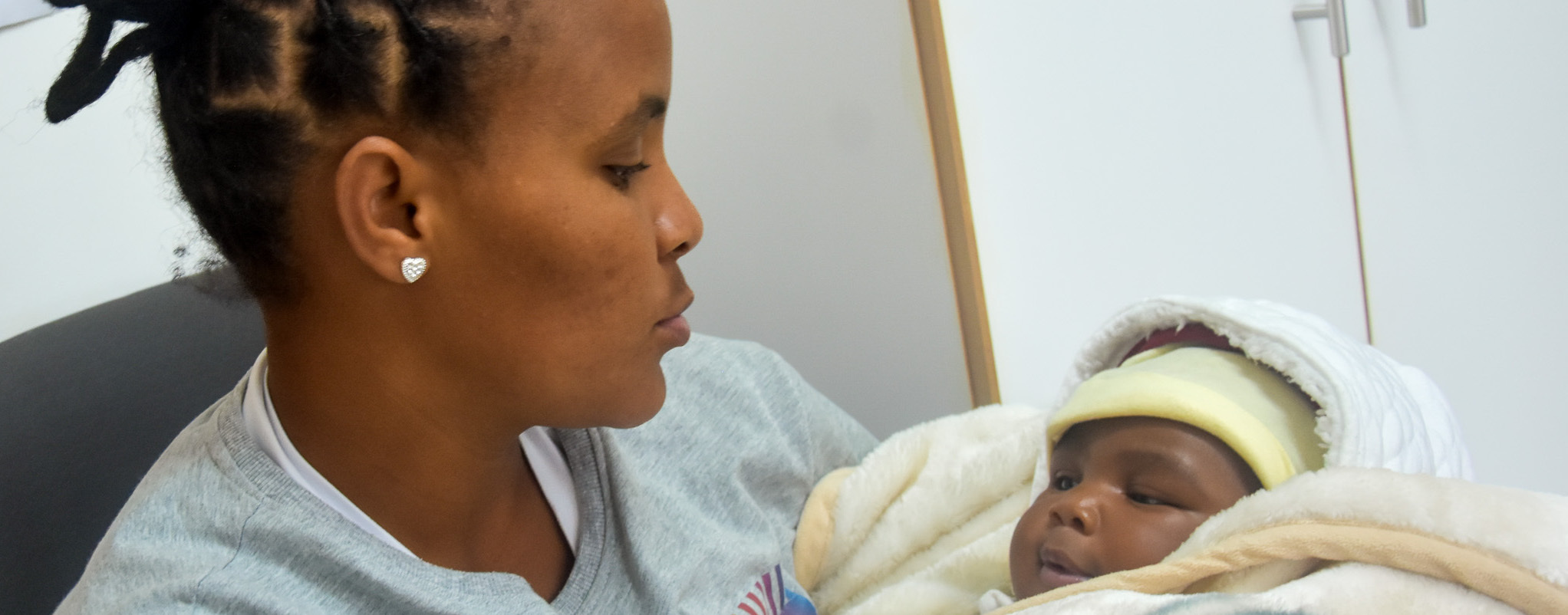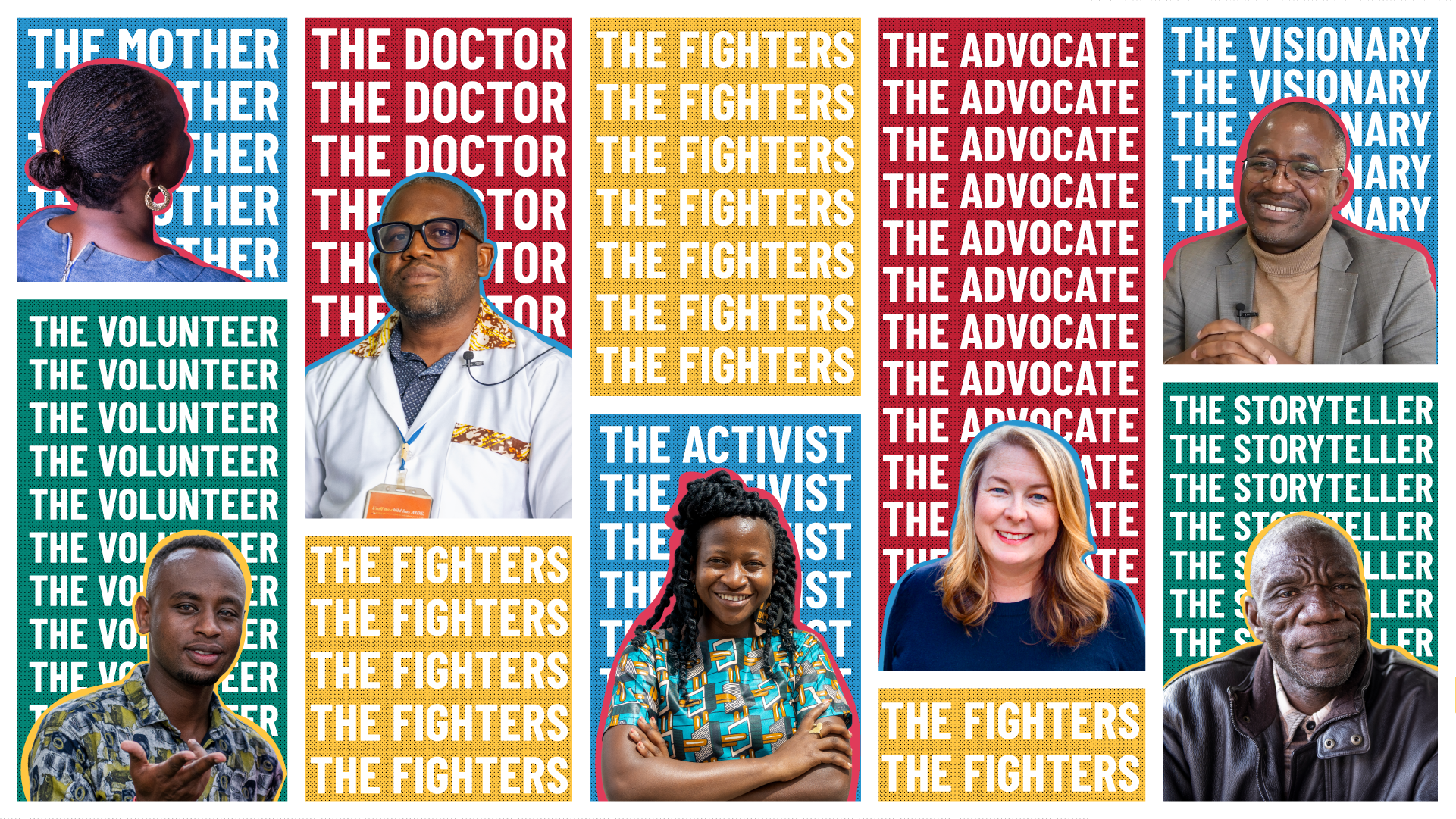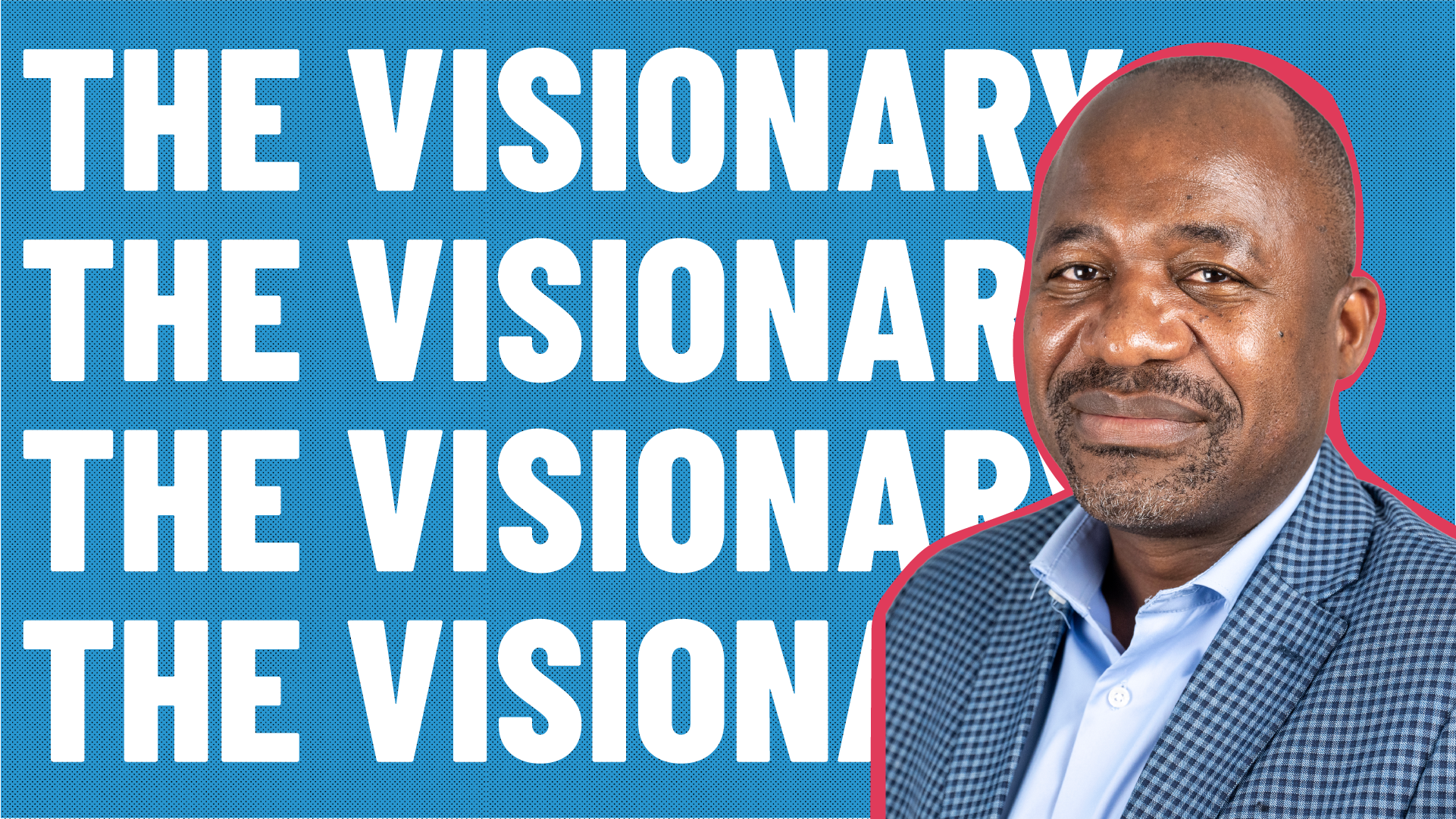In 2014, Sebentile Kunene, a 28-year-old mother of four children went to the Nkhaba Clinic in Eswatini for antenatal care and was offered an HIV test, which is now a routine protocol.
“When the nurse offered me an HIV test, I did not object because I did not even think I was going to test positive to HIV,” she said. It came as a shock to her when she heard the test results indicated that she had HIV, but she appreciated the counseling she received from both the HIV testing services (HTS) counselor and the nurse in the facility as it gave her assurance that as long as she adheres to her treatment, she was likely to give birth to an HIV-free child.
 Sebentile Kunene with her child. Photo by Muzie Yende/Elizabeth Glaser Pediatric AIDS Foundation, 2022
Sebentile Kunene with her child. Photo by Muzie Yende/Elizabeth Glaser Pediatric AIDS Foundation, 2022
For Sebentile, the resources she needed came from her healthcare workers supported by USAID. The staff at the Nkhaba clinic prioritized treatment initiation quickly and coupled it with counseling so that she had all the information she needed about her medication and coping with her diagnosis.
Her main worry, though, was about her husband’s reaction, since she was not sure how he would accept her results, especially because he was unaware of his own HIV status. To her surprise—and unlike some other men—Sebentile’s husband accepted her status without any challenge and even indicated that he also was ready to go for an HIV test.
Though they wanted to go back to Nkhaba Clinic for the husband’s HIV test, they could not because of his tight work schedule. Fortunately, her husband found time to test for HIV at the Mbabane Government Hospital, and was relieved when his result came back negative.
Sebentile says that her husband provided her full support and helped her to adhere to treatment, which made it easy for her to take her medication every day.
“Partner support is very important to an HIV-positive individual, as it buffers the stress of having to deal with the consequences of an HIV positive status,” says Sebentile. “In my own case, it was through this partner support that I was able to adhere to my treatment and give birth to HIV negative children.”
 Sebentile Kunene with her child. Photo by Muzie Yende/Elizabeth Glaser Pediatric AIDS Foundation, 2022
Sebentile Kunene with her child. Photo by Muzie Yende/Elizabeth Glaser Pediatric AIDS Foundation, 2022
Sebentile just gave birth to her second child since her HIV diagnosis and is happy to share that both children are HIV-free. Sebentile speaks highly of the effectiveness ART in preventing the transmission of HIV from mother to child and appreciates the facility staff for supporting her during pregnancy and breastfeeding stages.
Both the Nkhaba Clinic where Sebentile tested positive and gave birth to HIV-negative children and the Mbabane Government Hospital where her husband was tested for HIV are supported by Aspire Project. Through the project, USAID is supporting key national programs and 65 health facilities in the Hhohho and Shiselweni regions in improving the quality of health services.




